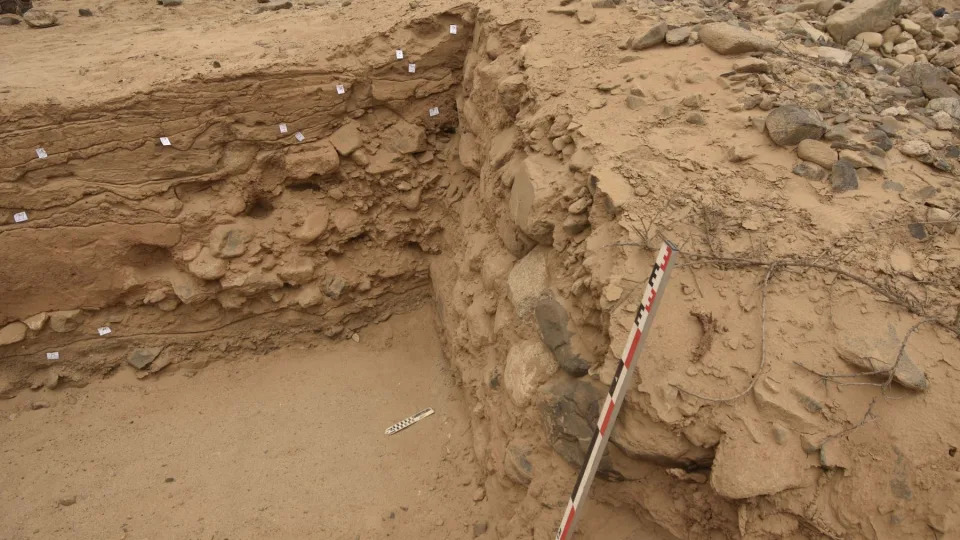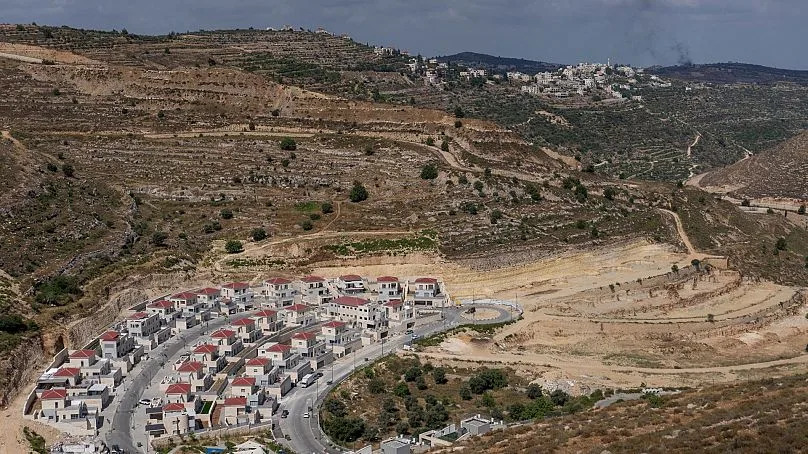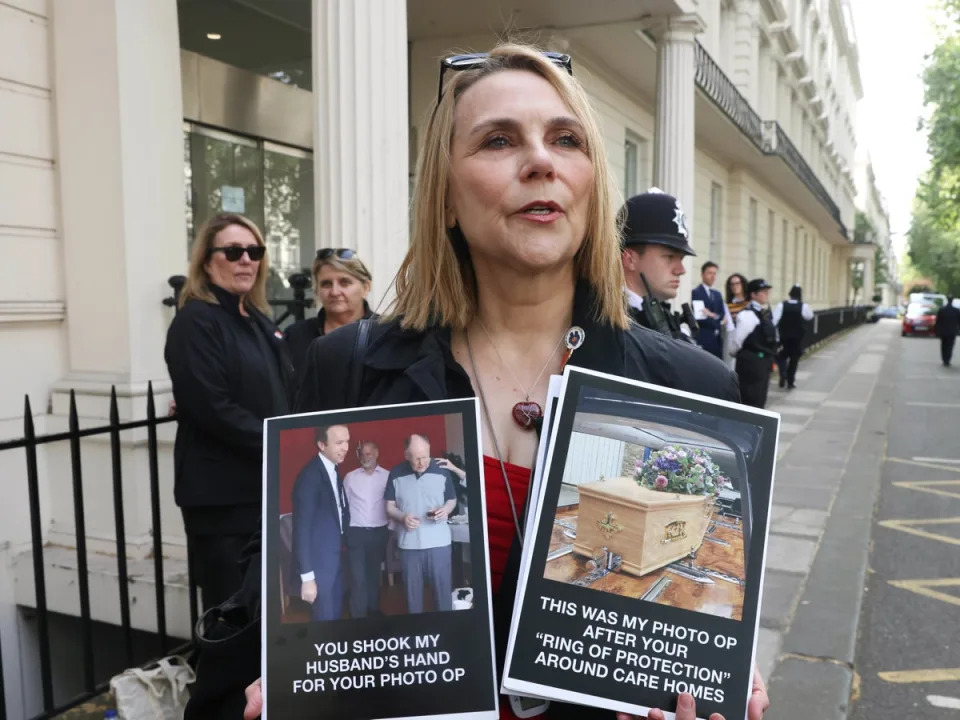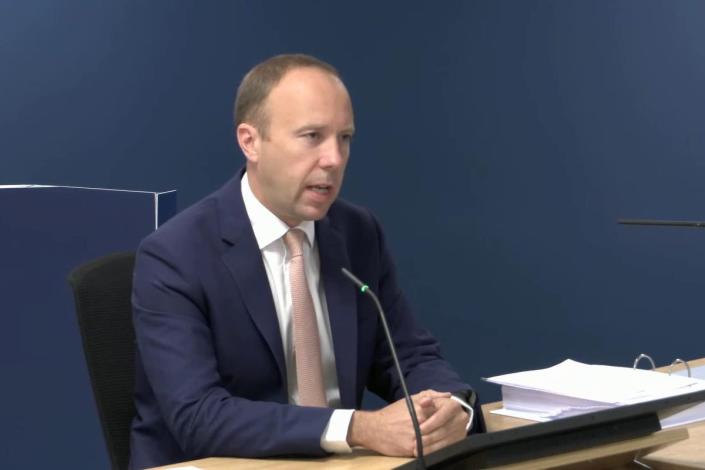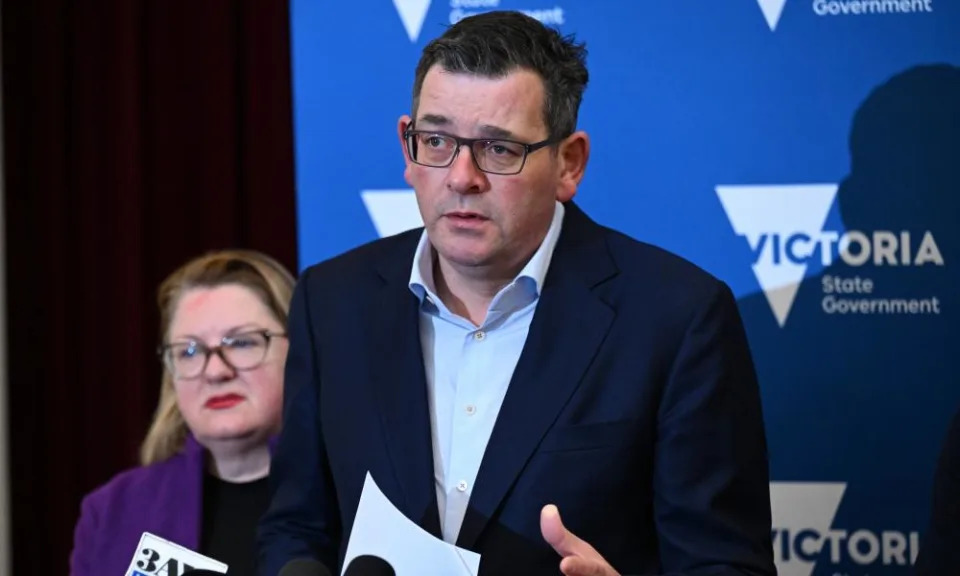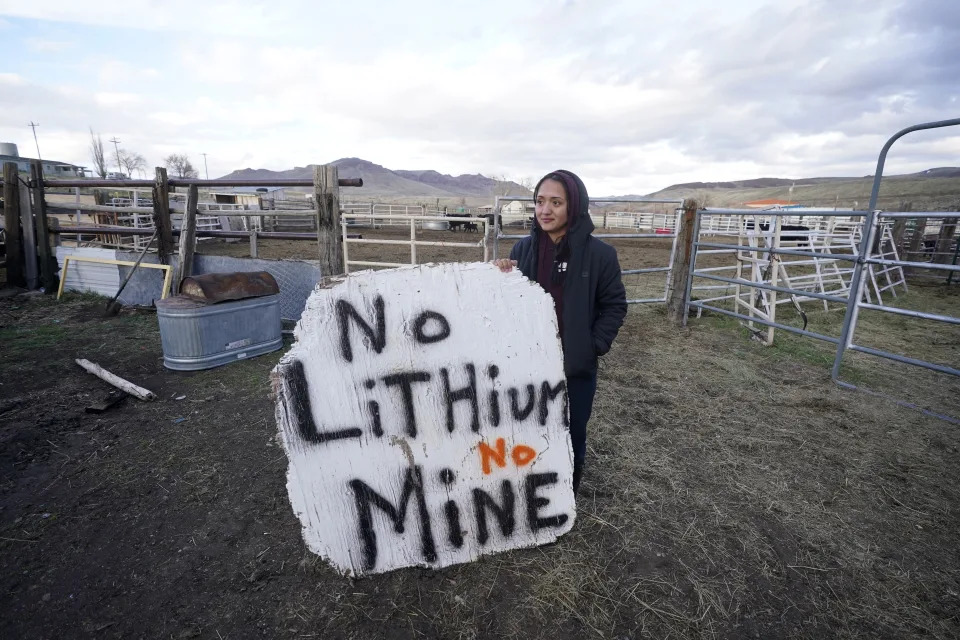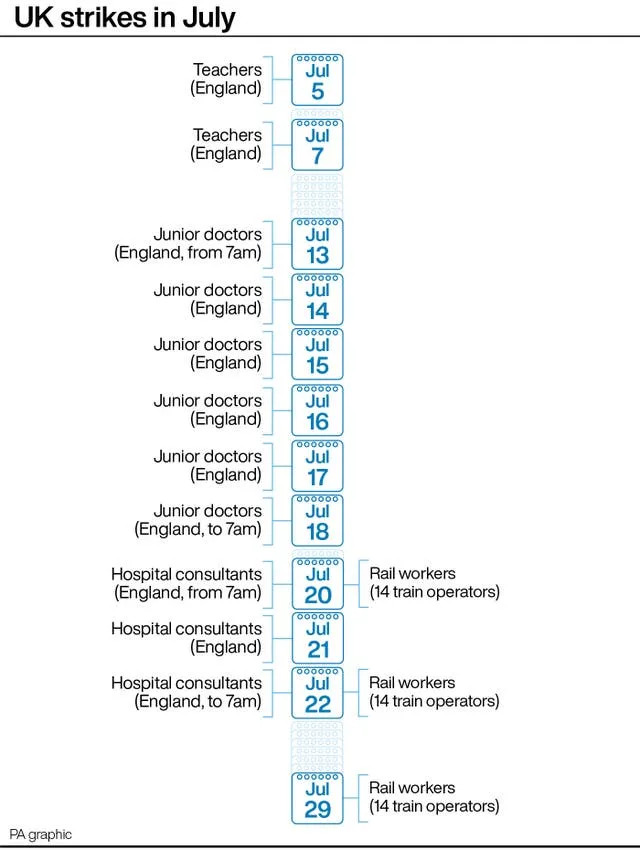PALM OIL KILLS ORANGUTANS
El Niño and US Drought Mean Everything From Candy to Instant Noodles Could Get More ExpensiveAnuradha Raghu
Sun, June 25, 2023


(Bloomberg) -- Palm oil, found in everything from candy to instant noodles and soap, is likely to get costlier in the second half as a US drought and an intensifying El Niño curb world edible oil supply, a Bloomberg survey showed.
Benchmark futures in Malaysia are set to climb as much as 10% from current levels to a high of 4,000 ringgit ($855) a ton, according to the median of 30 estimates from traders, analysts and plantation executives, who were asked for their highs and lows over the next six months and whether they were bullish or bearish. Eighteen were bullish, seven bearish and the rest gave no direction.
Increasingly frequent bouts of wild weather, such as drought in the US and parts of Europe, and heat waves in China and India, are roiling global farm production. Yet more disruption is expected later this year with the onset of El Niño, which usually brings dry weather to Asia and rains to South America.
Read More: First El Niño in Four Years Adds to Risks of Global Stagflation
Some analysts see bigger price gains on El Niño, even though the hit to yields probably won’t show until next year. Prices could already climb about 20% on a moderate El Niño, but “if it’s a strong one, there’ll be a much bigger impact,” said Hoe Lee Leng, head of regional plantations at RHB Investment Bank.
Still, disappointment over the Biden administration’s plans for biofuel quotas and prospects for yet another record soybean crop in Brazil, the world’s top producer, could damp investor sentiment for edible oils. Asked for estimates of how far prices could fall in the second half, the median of the responses came in at 3,200 ringgit a ton. Palm oil closed at 3,620 ringgit Friday.
Wild Weather
Both bulls and bears cited El Niño as the biggest risk. The key variable is its strength, which will determine the impact not only on palm but also on soy, sunflower and rapeseed crops. Prices of palm, the most-consumed cooking oil, are heavily influenced by these oils as they compete in the global market.
On top of that is the US drought. Soybean crops experiencing moderate to intense drought rose by 6 percentage points in the latest week to 57%, which compares with only 11% at the same time last year. While crop stress is set to continue in many areas, some weather models are now showing a better chance of rains in the next 14 days — a critical time of development.
Without significant disruptions, global inventories of soybeans and rapeseed will end the 2023-24 season higher than a year earlier, said Oscar Tjakra, a senior analyst at Rabobank in Singapore. That will pressure global prices of edible oils and erode the competitiveness of palm oil, he said, adding that an economic recession would also pose a threat to demand.
Palm Yields
Prospects for palm oil production in the second half are also a point of debate. While some expect output to accelerate in coming months because of the crop’s seasonal cycle and the easing of a labor shortage in Malaysia, others said yields and productivity are likely to disappoint as the trees are aging.
Malaysia’s production jumped 27% in May from a month earlier, the biggest increase in the second-largest grower in more than two years. In top producer Indonesia, output may have surged more than 30%, said Anilkumar Bagani, head of research at Mumbai-based Sunvin Group.
“Higher palm oil production in the May-October period will ensure bigger inventories in both Malaysia and Indonesia of around 6.5 million to 7 million tons, keeping any price advance in check,” Bagani said.
The survey was conducted before the weekend, which saw a rebellion by the Wagner mercenary group, finally called off after a deal between its leader and President Vladimir Putin. Traders are keeping a close eye on developments and the outlook for grain and sunflower oil exports from the Black Sea region.
Read More: Putin Faces Historic Threat to Absolute Grip on Power in Russia
--With assistance from Pratik Parija, Eko Listiyorini and Hallie Gu.


